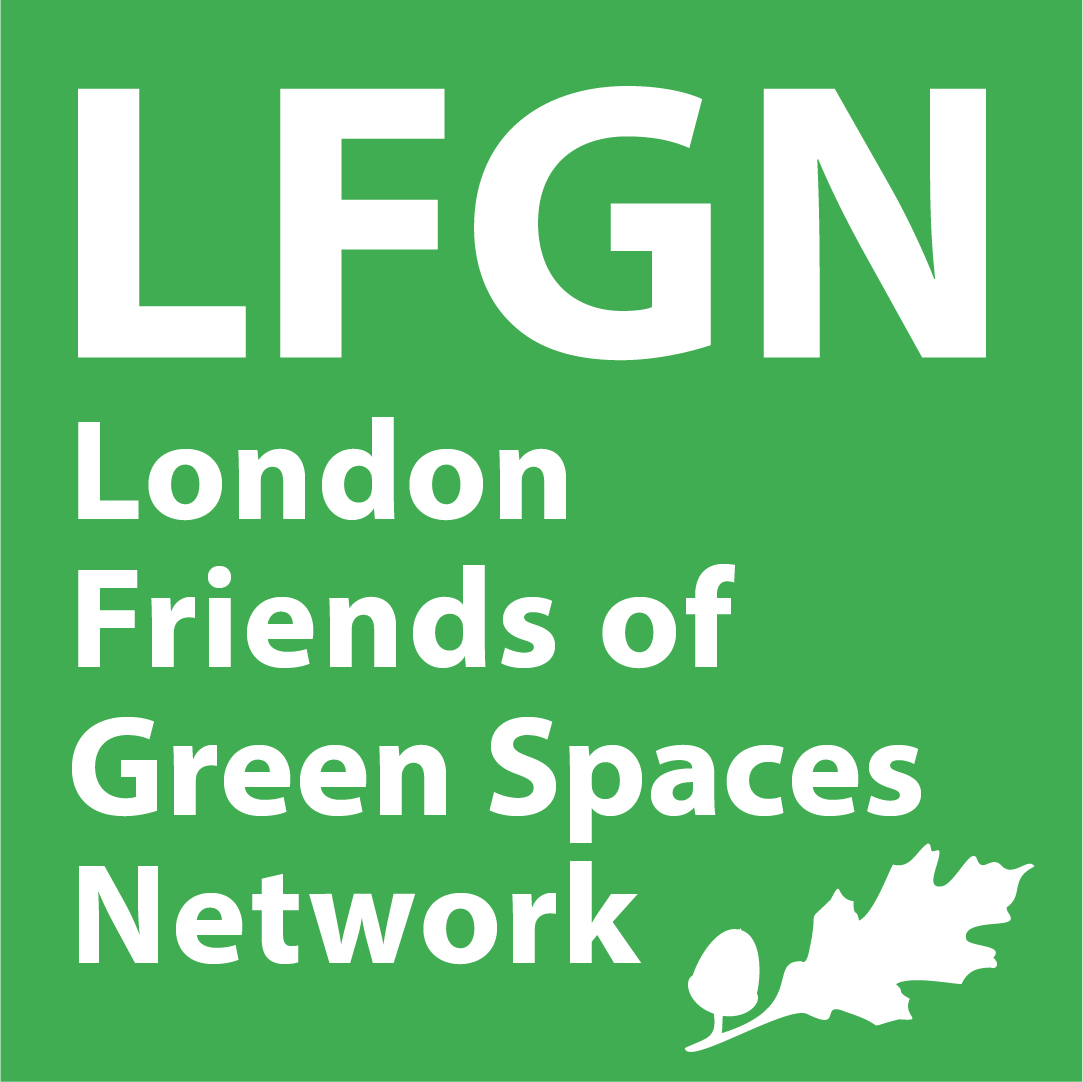Nov 2014
Discussion: Strengthening and broadening involvement in Friends Groups
The minute taker noted 46 suggestions in what was a lively exchange of views. They are set out below thematically and in summary…
- Membership of friends groups: often older people and participation typically is on the 10% rule, so, 500 members = 50 regularly attending meetings, activities or events = 5 leading activists. So, 5 activists attending a consultation workshop could claim the 10% rule in reverse when typically they are challenged as to who they represent i.e. 500 members.
- Traditional activities: typically ‘loppers’, planting, lobbying, talking shops…
- Potential target groups who we need to engage, and where members have had some success: BME groups, families, young people, people keen to volunteer particularly as a route to work, recent graduates again seeking experience relevant to employment. Headstart (London) is a useful source of volunteers seeking an access route to work. Dog walkers and retirees groups often keen to engage.
- Examples of how to engage key sections of the community – eg. inviting a Bangladeshi band to events, family fun days, volunteer days, receptions with drinks and nibbles, social media, partnerships with social landlords and third sector organisations. Websites, guest bloggers, leafleting. Arts partnerships such as with the Barbican. Mailchimp is a very practical bulk emailing tool and free. Be ready to sign potential members at every opportunity and where possible have a membership rate (or free) that includes whole families. Local Friends of the Earth Groups can be useful contacts. Develop partnerships with local Residents Associations, Schools etc. Ensure all user groups (eg sports teams) are partners.
- The offer: bulb planting, bulbs provided by the Council, creating a fun place, something to do, something to say, public events. The reverse being to lack a message or activities. Bat walks very popular. Find things that the Council won’t do and be seen to do these things.
- Partnerships and the Third Sector: many charities come with funding to sponsor green space activities and offer a wealth of experience. Schools use Parentmail which can spread the message. Sports organisations also useful partners.
Examples of Third Sector Partners: Remakery, Fields in Trust, The Challenge Network.

